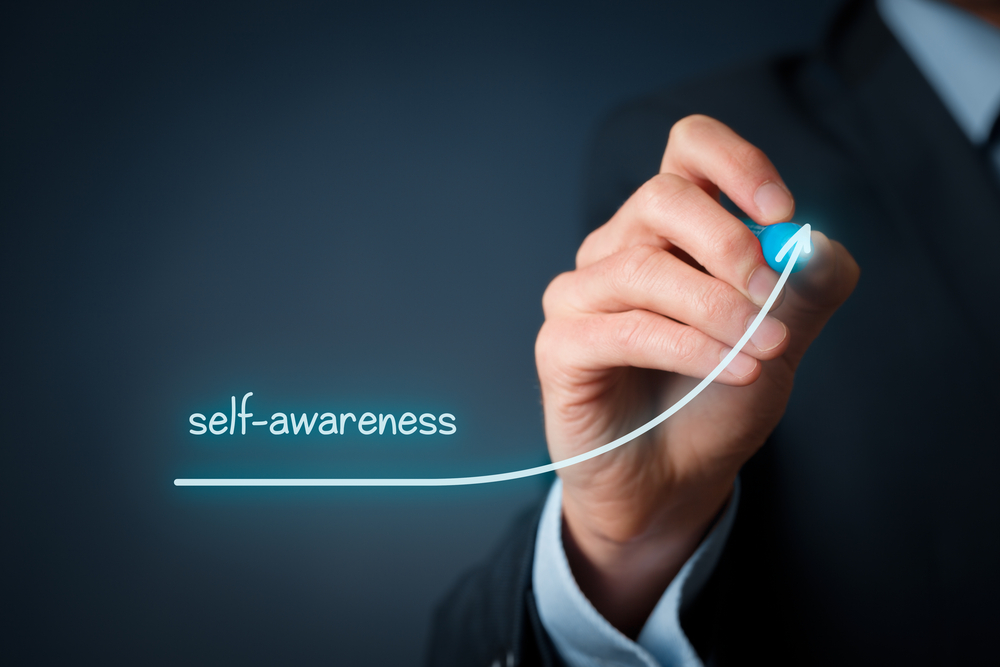If the 10 colleagues at emids with whom you work most closely gathered in a conference room for a candid discussion about YOU what would they say? (You would not be there nor know about the meeting.)
Would they describe you as a pleasant, positive colleague who doesn’t get defensive? If prodded, would these coworkers characterize you as a team player or as a lone wolf? Do any recall asking you for help and receiving it, or not? Did you ask them for guidance? Would they say you understand your strengths and limitations? Can they identify skills that, if stronger, would improve your performance and likelihood of advancement? Do they believe you know what those are?
What I’ve listed above are some questions that tease out whether, and to what degree, each one of us is self-aware. Much is written these days about self-awareness in personal development and executive leadership. Yet workplace self-awareness is vital for all employees, regardless of title or position, and will only grow in importance as the 21st Century progresses.
Why? The very nature of how we work is changing. Shorter business cycles have forced shorter technology delivery cycles which in turn have pushed knowledge workers like us to change how we do things, our practices, broaden our understanding of the industry and learn new skills rapidly. As the pace of change escalates, organizations want and need people who not only can “handle” change but change in the middle of change as well as anticipate it.
Self-awareness is the key and critical starting step for any change. Individuals with a high self-awareness quotient are connected – to themselves, their colleagues and their workplace ecosystem and can use this connected-ness to anticipate change.
Experts break down self-awareness into three components: emotional intelligence, self-assessment and self-confidence. Think this is too much talk about “soft skills” for a technology company? Think again. Research shows emotional intelligence better and more accurately predicts success than intellectual intelligence.
Emotionally intelligent people recognize their own feelings and understand how those feelings affect their performance. Without both components, workplace change will be more painful; professional and personal growth will be more of a struggle. A gap in emotional intelligence also fuels conflict.
The self-assessment piece relies on evaluation that is accurate and not the stuff of daydreams. People with this capacity seek out feedback and pay attention to it. They learn from mistakes and understand their limitations. They know teams work best when individual team members have different strengths and are not clones of each other. They’ve identified areas for improvement and are willing to ask for help or additional training.
Again, the benefits of accurate self-assessment are not theoretical. A study of several hundred knowledge workers found nearly every person considered a “star performer” exhibited the capacity for accurate self-assessment – and put it into practice.
Self-confidence, the third piece of self-awareness, is easily misunderstood, bringing with it the image of the office know-it-all, a braggart who believes the organization would collapse in his or her absence. In fact, real self-confidence is just the opposite. Yes, self-confident people exhibit pride, independence, enthusiasm and assertiveness. But genuine self-confidence includes comfort with who you are and where you are, right now, limitations and weaknesses, too. As a component of self-awareness, self-confidence is a balancing act that combines emotional maturity, ability to accept criticism, and a realistic perception of your workplace contributions.
Developing self-awareness is not easy. It requires looking inward, objectively and dispassionately, but staring in a mirror is rarely transformative. Thinking honestly about how colleagues you respect view you can be.
So, how self-aware are you?








